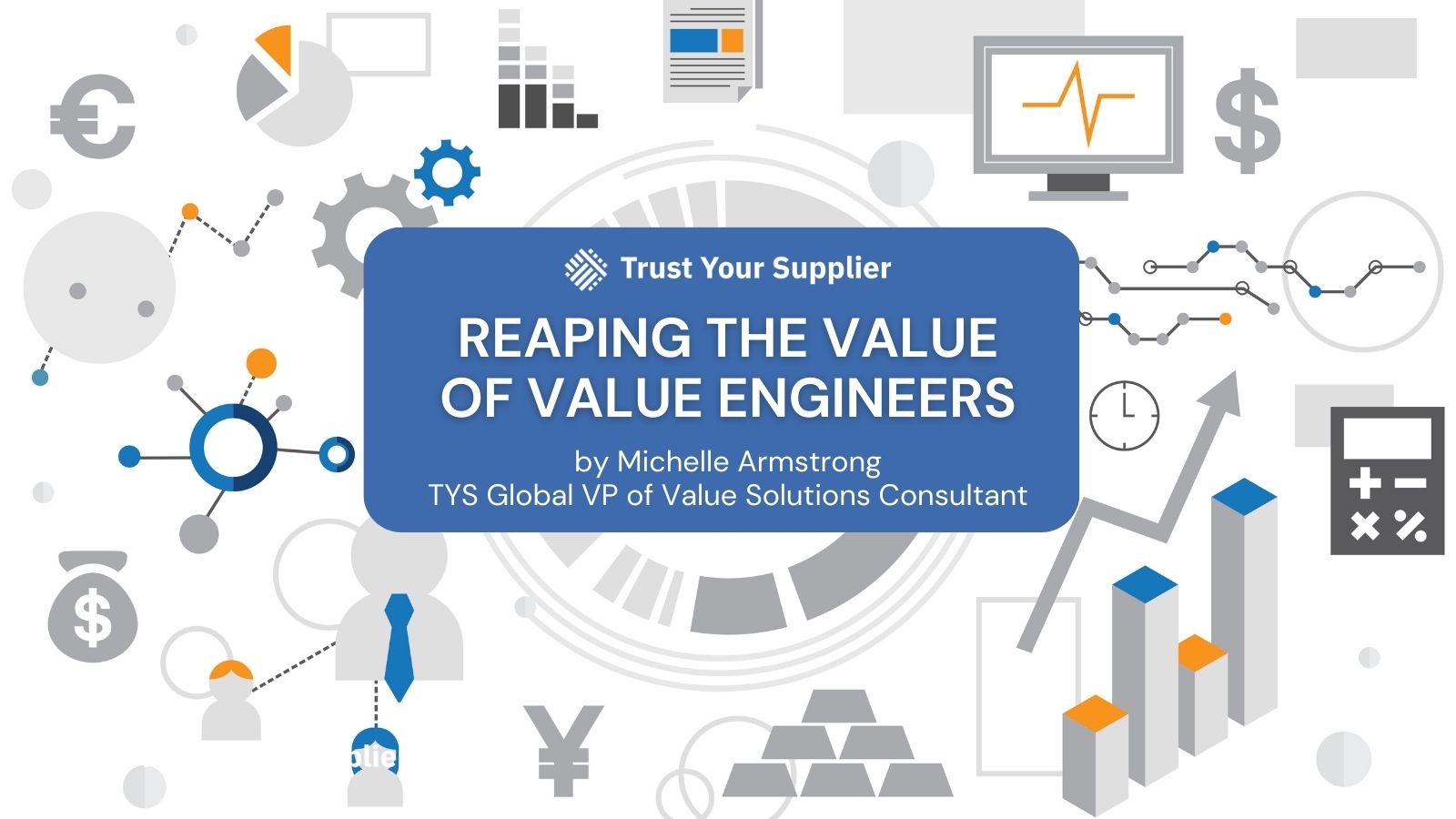A New Era of Efficiency, Transparency, and Sustainability
by Michelle Armstrong, TYS Global VP of Value Solutions Consultant
Unlock Efficiency, Transparency, and Trust
In the fast-paced world of Fast-Moving Consumer Goods (FMCG), procurement and compliance teams face unique challenges. From ensuring a steady flow of quality supplies to adhering to stringent regulatory standards, the demands are relentless. That’s where Trust Your Supplier (TYS) comes into play, offering an innovative solution that transforms the way FMCG companies manage their supplier relationships.
Why Trust Your Supplier?
- Enhanced Transparency and Trust
Trust Your Supplier provides a comprehensive digital passport for suppliers, offering real-time insights into their operations, compliance status, and more. This transparency fosters trust between FMCG companies and their suppliers, ensuring that procurement decisions are based on accurate and up-to-date information.
- Streamlined Supplier Onboarding and Management
Gone are the days of cumbersome onboarding processes. TYS simplifies and accelerates supplier integration, allowing FMCG companies to quickly benefit from their services. With TYS, managing supplier information becomes effortless, enabling procurement teams to focus on strategic decision-making rather than administrative tasks.
- Risk Management and Compliance Assurance
In the FMCG sector, ensuring compliance with regulatory standards is paramount. Trust Your Supplier not only facilitates easy access to supplier compliance documentation but also provides tools for monitoring and managing risk. This proactive approach to compliance helps FMCG companies avoid costly penalties and reputational damage.
- Improved Operational Efficiency
By automating key procurement processes, TYS significantly reduces manual workload, leading to improved efficiency and cost savings. Procurement and compliance teams can allocate their resources more effectively, optimizing their supply chain operations.
- Building Sustainable Supply Chains
Sustainability is a pressing concern in the FMCG industry. Trust Your Supplier supports the development of sustainable supply chains by enabling companies to identify and collaborate with suppliers that adhere to environmental and social standards. This alignment with corporate sustainability goals not only benefits the planet but also enhances brand reputation.
The Future of FMCG Procurement and Compliance
In an industry where speed, quality, and compliance cannot be compromised, Trust Your Supplier stands out as a beacon of innovation. By leveraging blockchain technology and a network of trusted information, TYS is redefining what’s possible in FMCG procurement and compliance.
Join the Revolution
For FMCG procurement and compliance teams looking to enhance their operations, reduce risk, and build stronger, more sustainable supplier relationships, the choice is clear. Trust Your Supplier is not just a platform; it’s a strategic partner in your supply chain transformation journey.
Discover how Trust Your Supplier can revolutionize your procurement and compliance strategies. Contact us today to learn more or to schedule a demo.

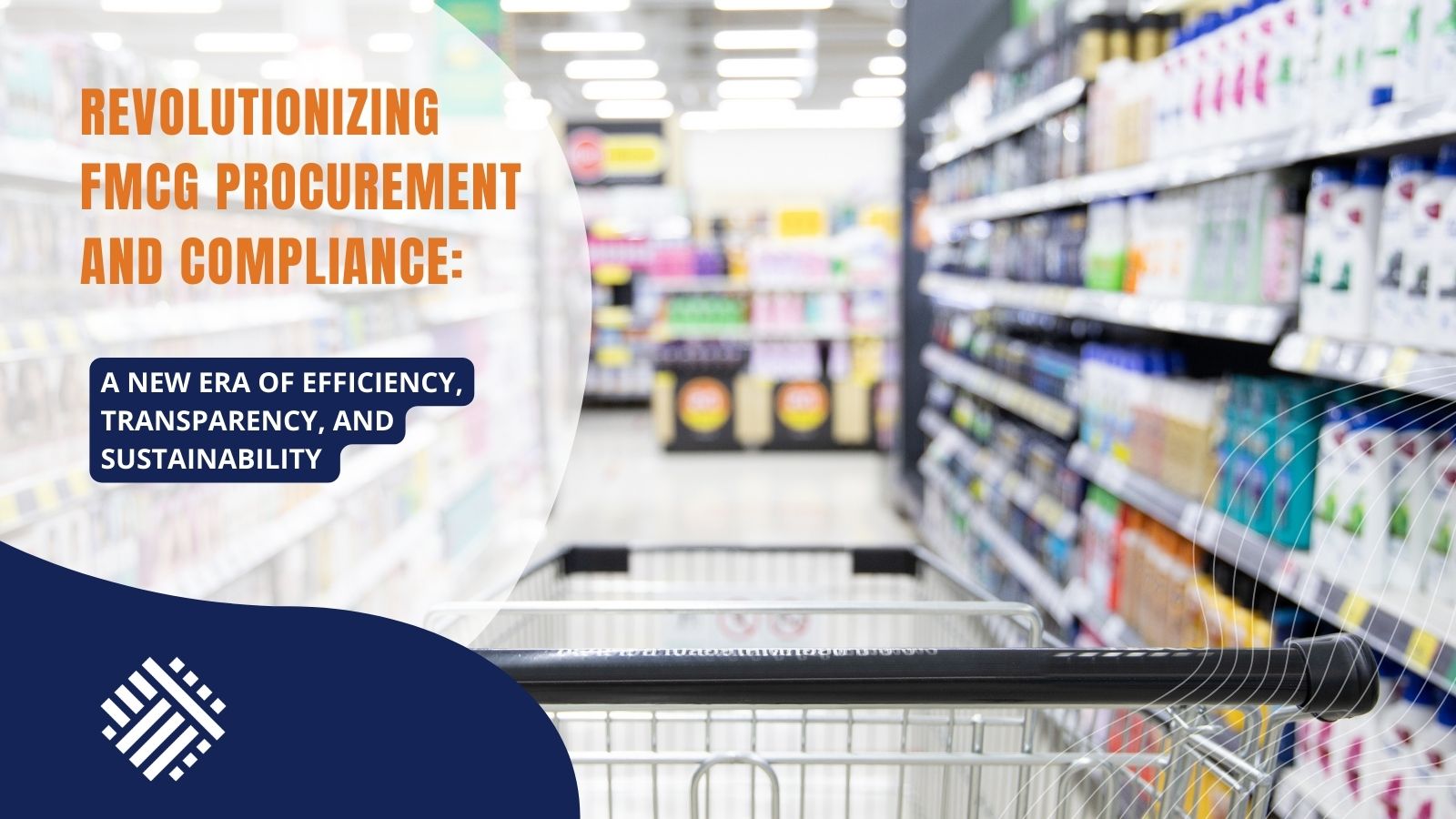
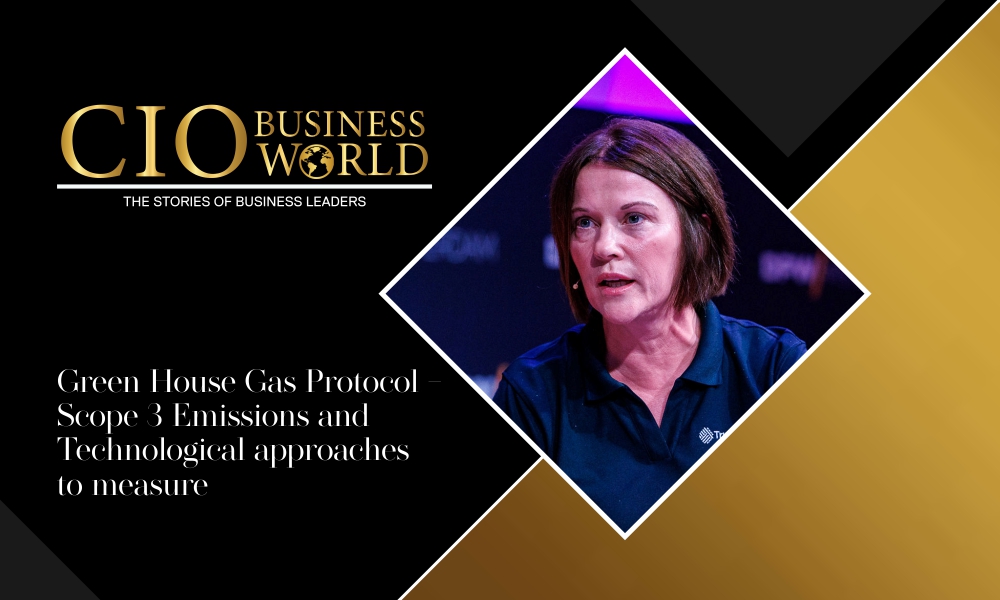

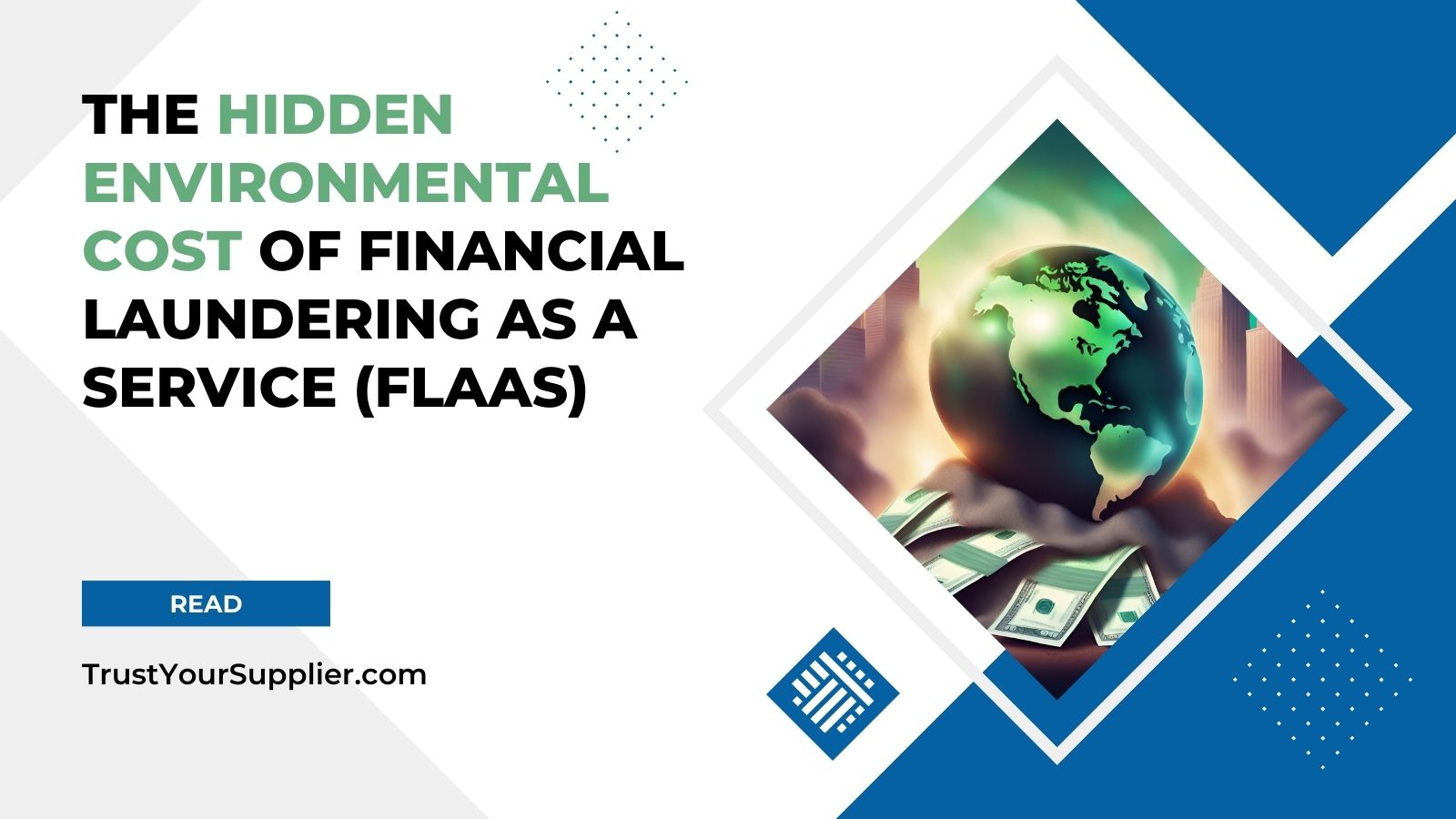
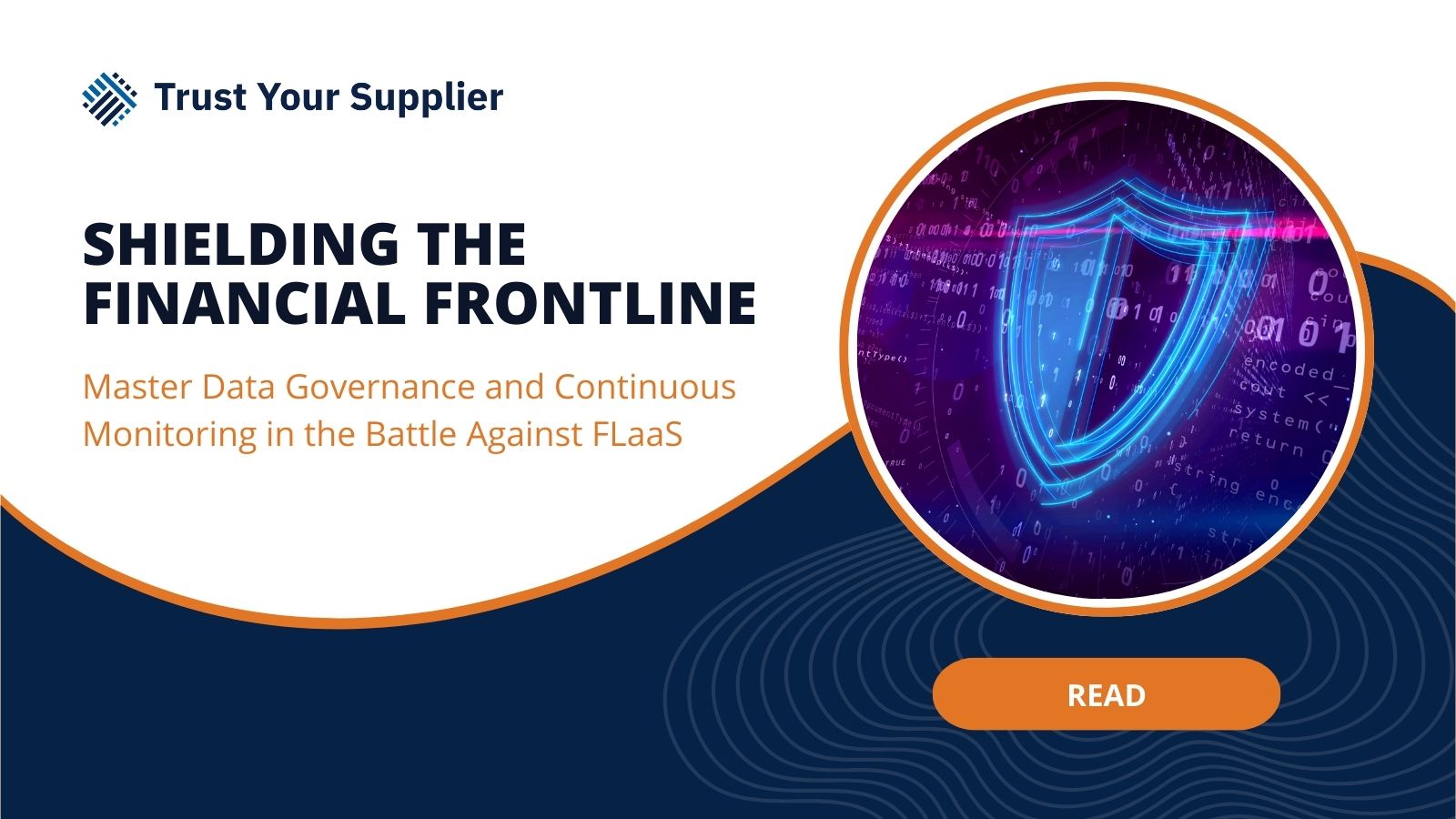
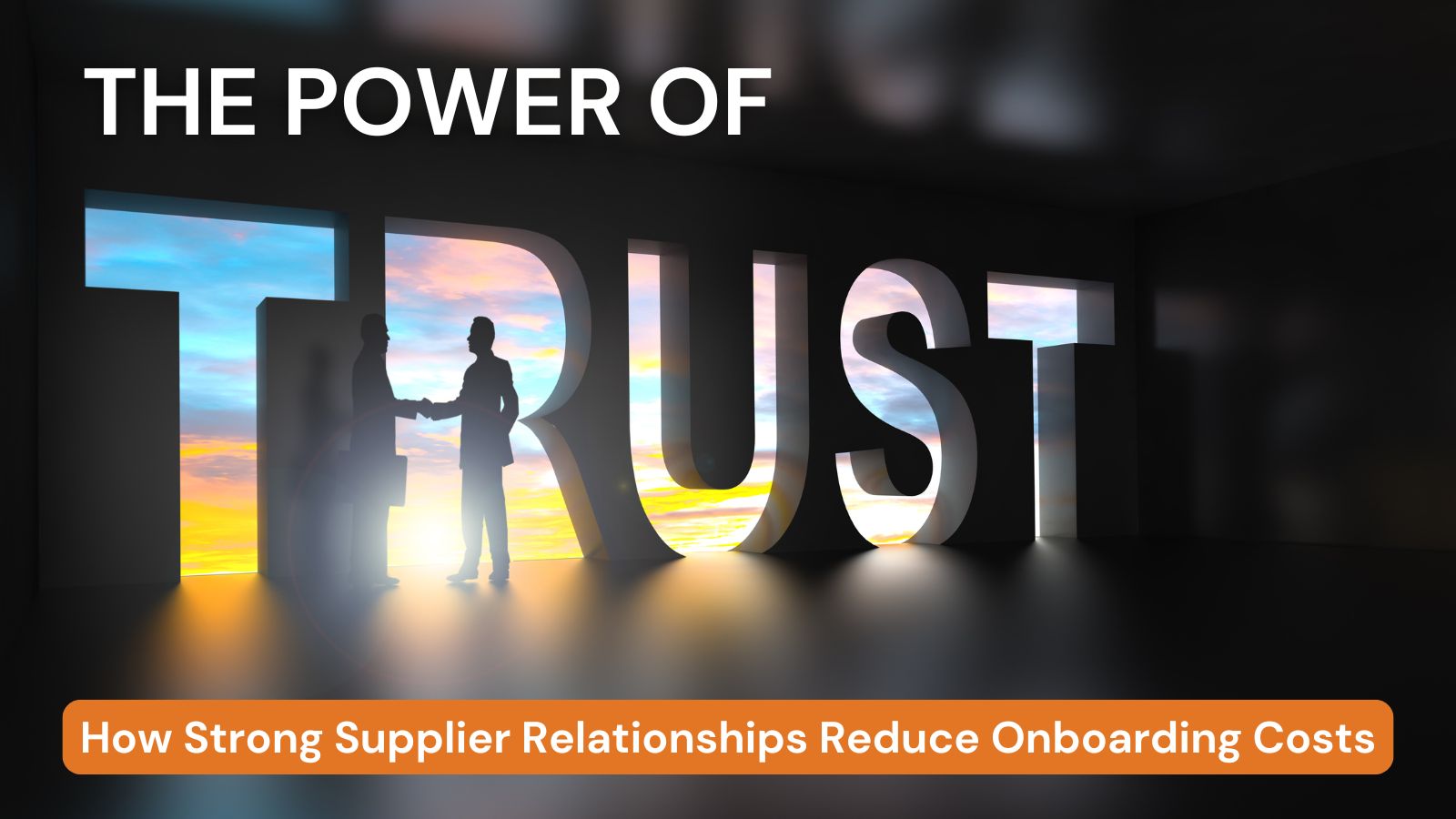



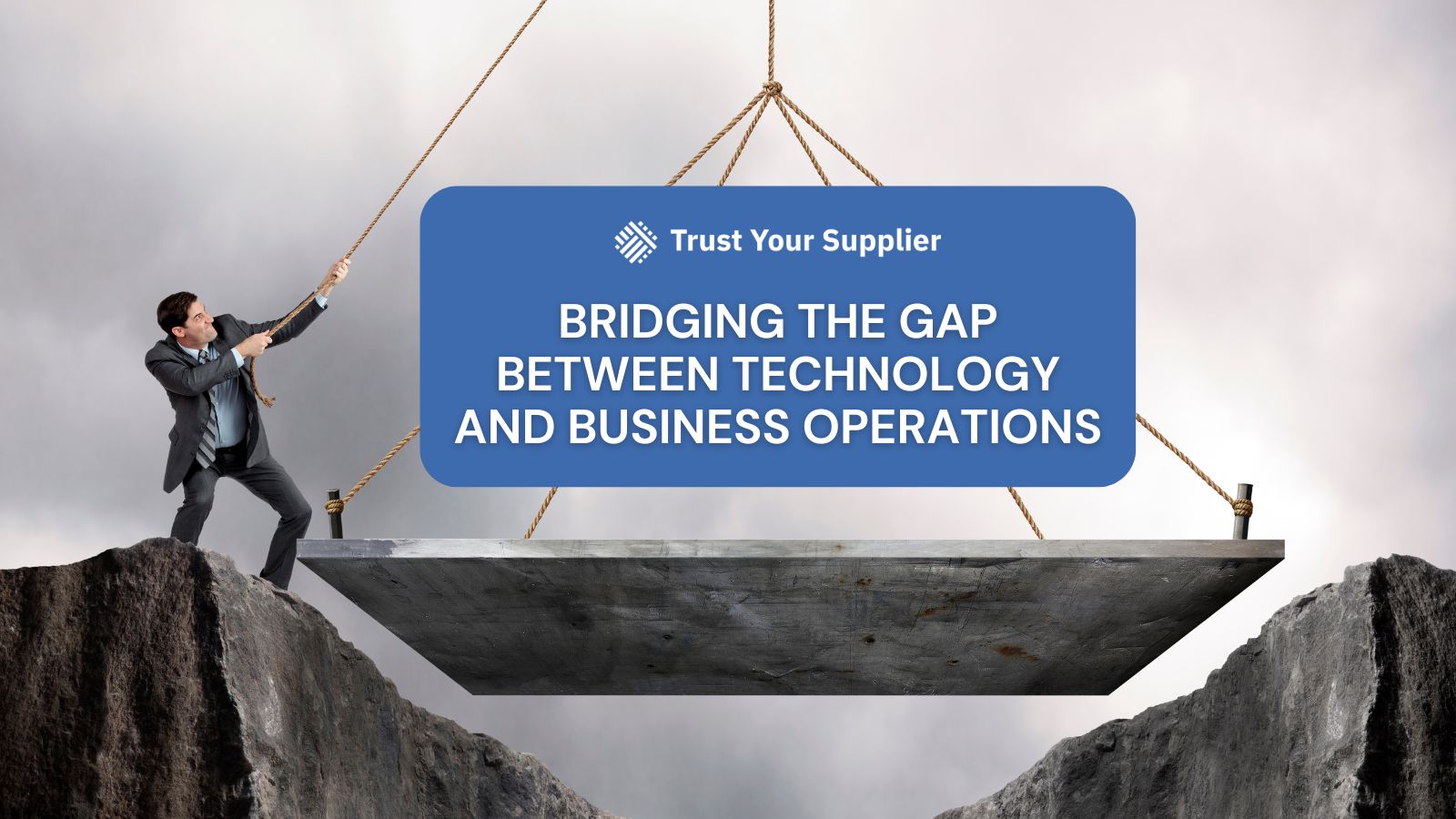
 With diverse risk, audit, and compliance teams operating independently, often lacking a shared GRC (Governance, Risk, and Compliance) terminology, opportunities arise for redundant efforts, duplicated work, inconsistent and disorganized data, and the overlap of controls. Measuring the interconnectedness and swiftness of risk also becomes a complex endeavor since risk relationships lack clear definitions and consequently elude monitoring.
With diverse risk, audit, and compliance teams operating independently, often lacking a shared GRC (Governance, Risk, and Compliance) terminology, opportunities arise for redundant efforts, duplicated work, inconsistent and disorganized data, and the overlap of controls. Measuring the interconnectedness and swiftness of risk also becomes a complex endeavor since risk relationships lack clear definitions and consequently elude monitoring.